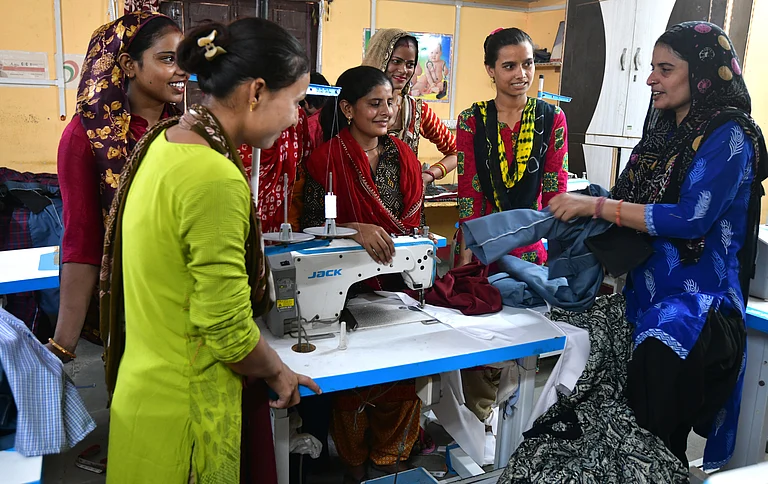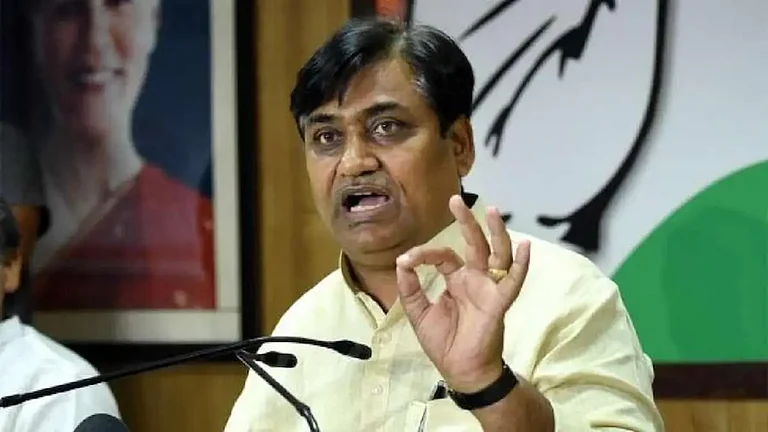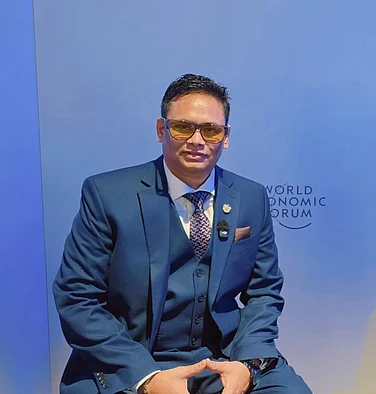In a world where water is becoming increasingly scarce, the practice of rainwater harvesting stands out as a simple yet powerful solution to a growing crisis. As droughts become more frequent and water shortages threaten communities, harnessing rainwater offers a practical way to secure this vital resource. By collecting and storing rainwater, we can reduce our dependence on overburdened water supplies and ensure that every drop counts.
Let’s connect with Meghraj Singh Royal, owner of MRG group, and the visionary behind the I Love Foundation, which has been making efforts in Jaisalmer through its impactful rainwater harvesting initiatives.
Groundwater levels in India are a pressing concern, highlighting the urgent need for rainwater harvesting as a sustainable solution. India is the largest groundwater user in the world, accounting for approximately 25% of global groundwater extraction. This vital resource supports around 70% of the country’s agricultural needs and provides 85% of drinking water supplies, making it essential for both rural and urban populations.
Monsoon rainfall is the primary source of groundwater recharge, contributing about 55% of the total annual recharge; in some states, this figure exceeds 70%. However, the increasing demands on groundwater, driven by rising temperatures and agricultural practices, are leading to alarming depletion rates.
Studies predict that groundwater depletion could triple between 2041 and 2080 due to climate change, exacerbating an already critical situation. As farmers intensify irrigation to cope with the impacts of warming, the stress on aquifers becomes more pronounced, threatening the sustainability of this crucial resource.
Meghraj Singh Royal says, "Rainwater harvesting is not just a choice; it’s an urgent call to action. With India facing a looming water crisis—where demand is projected to outstrip supply by 2030—every drop counts. If we fail to harness the rain that falls on our roofs and roads, we risk a future where water scarcity defines our lives. We need to act now to capture this precious resource before it’s too late!"
Rainwater harvesting is particularly vital in Rajasthan, a region marked by its arid climate and limited water resources, with no permanent rivers and erratic rainfall patterns, making effective water management strategies an urgent necessity. Historically, communities in Rajasthan have relied on traditional methods of rainwater harvesting, such as tankas (circular storage tanks), kunds, and baoris (step wells), designed to collect and store rainwater, providing a crucial water supply during the dry months when other sources are depleted.
Rainwater harvesting significantly contributes to groundwater recharge, helping to replenish aquifers that have been over-extracted due to agricultural demands, while also supporting agricultural activities by providing a sustainable source of water for irrigation, enhancing food security and livelihoods. By adopting rainwater harvesting, communities can reduce their dependence on external water sources, such as tankers, which can be costly and unreliable, fostering self-sufficiency and resilience, particularly in rural areas where access to clean water can be a daily challenge.
The Government of India has recognized the importance of rainwater harvesting and has launched various initiatives to promote its adoption across Rajasthan, while organizations like the I Love Foundation led by Meghraj Singh Royal have been instrumental in raising awareness and facilitating the construction of rainwater harvesting structures in villages.
Launched by the Deshpande Foundation and implemented in Rajasthan by Dhun and the I Love Foundation, the farm ponds initiative focuses on community rainwater harvesting to enhance the resilience of local farming. By creating large-scale water collection systems on community pasture lands and private fields, this initiative aims to reduce reliance on groundwater, boost crop yields, increase farmers' incomes, recharge the groundwater table, and support overall ecological health.
Additionally, the project seeks to mitigate the risks of flooding and drought by providing a stable water source. During the pilot phase in 2023 and 2024, a total of 59 farm ponds were completed in peri-urban and rural areas of Jaipur, ensuring a consistent water supply for irrigation and livestock, thereby promoting sustainable agriculture in the region.
“Water conservation should be done at all levels. As individuals, we can start by implementing simple rainwater harvesting techniques in our own homes. Something as basic as installing a rain barrel to collect water from our rooftops can go a long way in reducing our reliance on municipal water supplies and reducing stormwater runoff.” Opines Meghraj Singh Royal.
“By using this harvested rainwater for gardening, washing cars etc. we can significantly reduce our overall water consumption. But our efforts shouldn't stop there. As members of a larger community, we have a responsibility to encourage and support rainwater harvesting initiatives on a larger scale.” He adds.
Mr. Meghraj goes on to say “Organizations and businesses also have a crucial role to play in preserving rainwater. By incorporating rainwater harvesting into their operations and setting an example for others to follow, they can demonstrate the feasibility and benefits of this sustainable practice. From hotels and restaurants to schools and hospitals, every institution that embraces rainwater harvesting is making a valuable contribution to the cause.”
After all no water means no life.


























